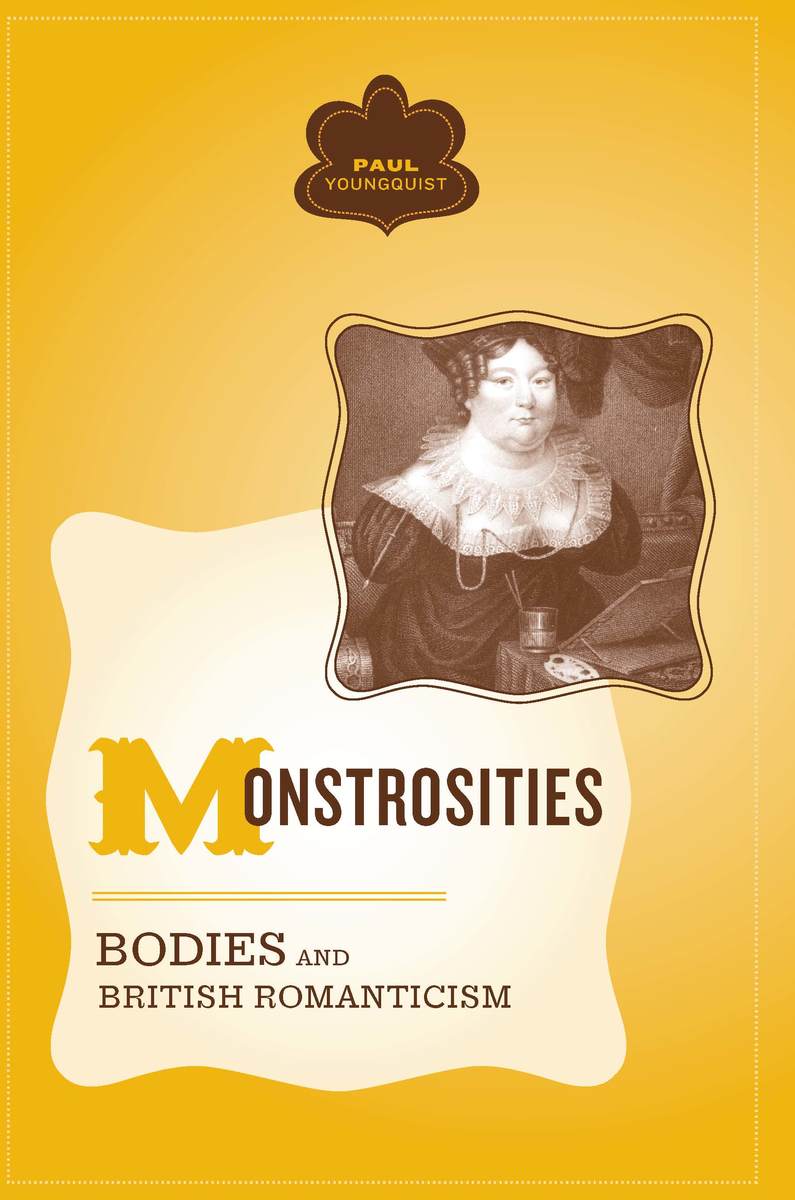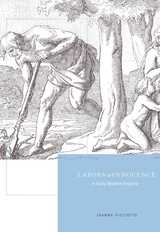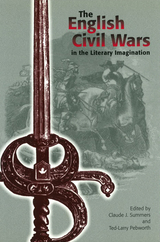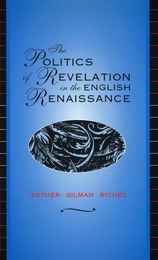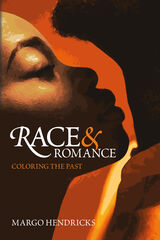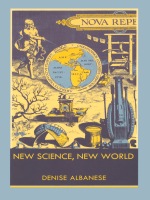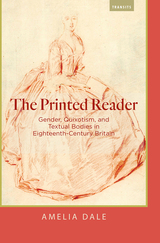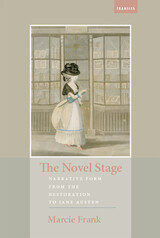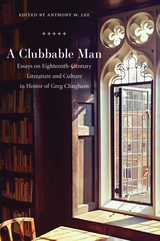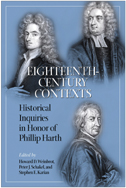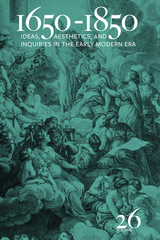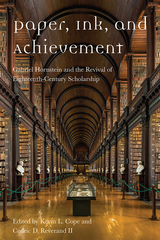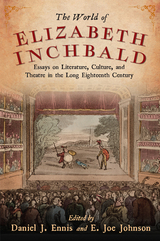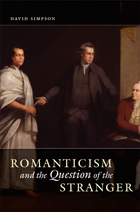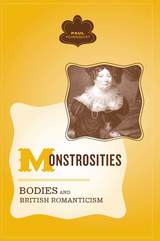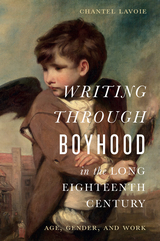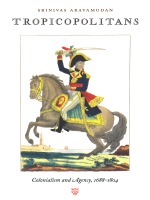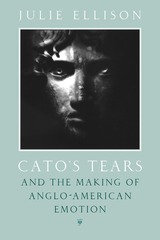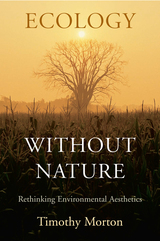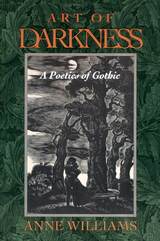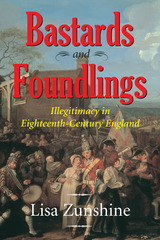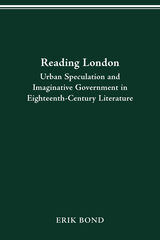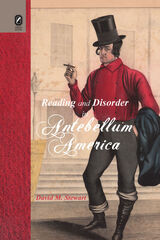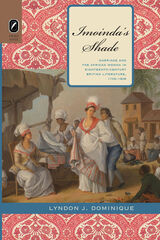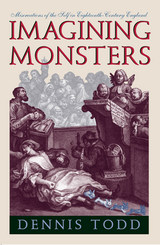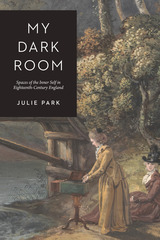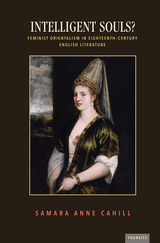Monstrosities: Bodies And British Romanticism
University of Minnesota Press, 2003
Paper: 978-0-8166-3980-9 | Cloth: 978-0-8166-3979-3
Library of Congress Classification PR448.A25Y68 2003
Dewey Decimal Classification 820.935
Paper: 978-0-8166-3980-9 | Cloth: 978-0-8166-3979-3
Library of Congress Classification PR448.A25Y68 2003
Dewey Decimal Classification 820.935
ABOUT THIS BOOK | TOC
ABOUT THIS BOOK
A surprising evaluation of the role of the physical body in the construction of British identity.
Eighteenth-century medicine used the word "monstrosities" to describe physically deformed bodies--those irreducible to the "proper body" in their singular, sometimes startling difference. Considering British society in confrontation with such monstrosities, Paul Youngquist reveals the cultural politics of embodiment in Britain during the late eighteenth and early nineteenth centuries. Drawing on the histories of medicine, economics, liberalism, and nationalism, his work shows that bodies are not simply born but rather built by cultural practices directed toward particular social ends.
Among the phenomena Youngquist treats are the science of comparative anatomy, the annual festivity of Bartholomew Fair, the social status of black Britons, opium habitués, pregnant women, and wounded war veterans. The authors he engages include John Locke, William Blake, Olaudah Equiano, Samuel Taylor Coleridge, Thomas De Quincey, Mary Wollstonecraft, Lord Byron, and Mary Shelley. Uniquely interdisciplinary, formidably researched, and replete with curious illustrations, this remarkable book should be of interest to anyone concerned with the historical and cultural fate of bodies in liberal society--and with the importance of deviance in determining that fate.
Paul Youngquist is associate professor of English at Penn State University. He is the author of Madness and Blake's Myth (1990).
Eighteenth-century medicine used the word "monstrosities" to describe physically deformed bodies--those irreducible to the "proper body" in their singular, sometimes startling difference. Considering British society in confrontation with such monstrosities, Paul Youngquist reveals the cultural politics of embodiment in Britain during the late eighteenth and early nineteenth centuries. Drawing on the histories of medicine, economics, liberalism, and nationalism, his work shows that bodies are not simply born but rather built by cultural practices directed toward particular social ends.
Among the phenomena Youngquist treats are the science of comparative anatomy, the annual festivity of Bartholomew Fair, the social status of black Britons, opium habitués, pregnant women, and wounded war veterans. The authors he engages include John Locke, William Blake, Olaudah Equiano, Samuel Taylor Coleridge, Thomas De Quincey, Mary Wollstonecraft, Lord Byron, and Mary Shelley. Uniquely interdisciplinary, formidably researched, and replete with curious illustrations, this remarkable book should be of interest to anyone concerned with the historical and cultural fate of bodies in liberal society--and with the importance of deviance in determining that fate.
Paul Youngquist is associate professor of English at Penn State University. He is the author of Madness and Blake's Myth (1990).
See other books on: Abnormalities, Human | Abnormalities, Human, in literature | Bodies | Human body in literature | Romanticism
See other titles from University of Minnesota Press
